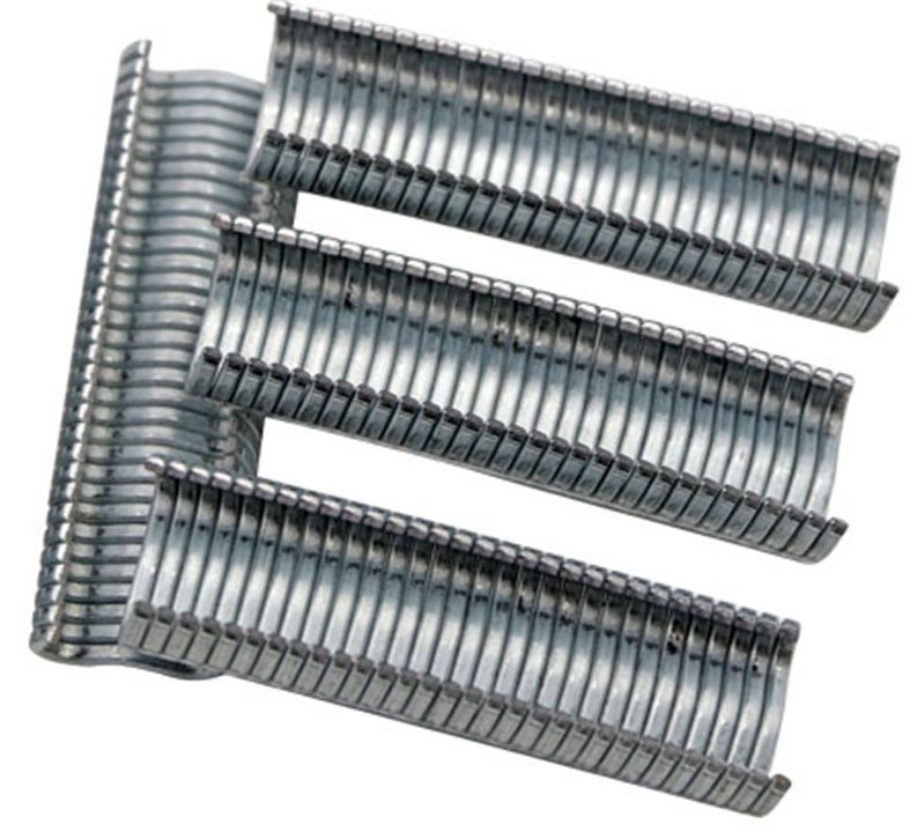Versatile Animal Feed Mixing Equipment for Efficient Livestock Nutrition
Nov . 07, 2024 09:10 Back to list
Versatile Animal Feed Mixing Equipment for Efficient Livestock Nutrition
The Importance of Animal Feed Mixer Machines in Modern Agriculture
In the world of agriculture, the production of high-quality animal feed is crucial to ensuring the health and productivity of livestock. Animal feed serves as a vital resource that supplies essential nutrients to various animals, ranging from poultry and cattle to pigs and aquaculture species. With the increasing demand for animal products, farmers and feed manufacturers are turning to advanced machinery, such as animal feed mixer machines, to improve efficiency and consistency in feed production.
Animal feed mixer machines are designed to blend different types of feed ingredients uniformly. These machines come in various sizes and capacities, catering to both small-scale farmers and large-scale feed manufacturers. The mixing process is fundamental, as it ensures that each feed particle receives the same distribution of nutrients, resulting in better overall health for the animals.
One of the main advantages of using an animal feed mixer machine is the ability to customize feed formulations. Farmers can adjust the proportions of grains, vitamins, minerals, and other additives to create tailored diets that meet the specific nutritional needs of their animals. For instance, mixing higher levels of protein for growing pigs or adding energy-dense ingredients for high-producing dairy cows can significantly enhance livestock performance. This level of customization is essential for maximizing feed efficiency, ultimately leading to higher production rates and profitability.
Moreover, the use of feed mixer machines addresses the challenge of ingredient variability. Raw materials may differ in nutritional content, moisture levels, and particle size. A well-designed mixer can effectively compensate for these variations, ensuring a consistent final product. This consistency is key to preventing nutritional deficiencies or imbalances that can adversely affect animal health and productivity.
animal feed mixer machine

In recent years, technological advancements have led to the development of more sophisticated mixing machines. Many modern animal feed mixer machines are equipped with digital controls, allowing for precise adjustments and monitoring throughout the mixing process. This technology also enhances the ability to track ingredient efficiency and feed formulation. Furthermore, some machines are now incorporated with scale systems that automatically weigh and dispense ingredients accurately, reducing waste and saving time.
Sustainability is another significant factor driving the adoption of animal feed mixer machines. As the agricultural industry faces increasing pressure to reduce its environmental footprint, feed efficiency becomes paramount. By optimizing feed formulations, farmers can reduce feed costs and lessen the environmental impact associated with producing and transporting feed ingredients. Additionally, some mixers can handle alternative feed sources, such as by-products from other industries, further promoting sustainable practices within agriculture.
However, investing in animal feed mixer machines is not merely about immediate benefits; it also aligns with long-term business strategies. As consumer preferences shift towards responsible and ethical farming practices, producers must adapt to these changes. Having the capability to produce high-quality, nutrient-balanced feed can provide a competitive edge in a market that increasingly values sustainability and animal welfare.
Furthermore, with the rise of global trade in agricultural products, ensuring that animal feed meets international quality standards is vital. High-quality mixed feed not only aids in maintaining animal health but also helps producers comply with stringent regulations on feed safety and quality established by governments and international bodies.
In conclusion, animal feed mixer machines play a critical role in modern agriculture by enhancing the efficiency, consistency, and sustainability of animal feed production. As farmers face increasing challenges related to costs, environmental impact, and market demands, investing in technology like feed mixers will be essential for future success. By optimizing feed formulations and improving operational efficiencies, these machines not only support the health and productivity of livestock but also contribute to the broader goals of sustainable agriculture. In this rapidly evolving industry, the integration of high-quality machinery will undoubtedly remain a cornerstone of effective agricultural practices, ensuring that both producers and consumers reap the benefits of improved animal health and productivity.
-
Hot Sale 24 & 18 Door Rabbit Cages - Premium Breeding Solutions
NewsJul.25,2025
-
Automatic Feeding Line System Pan Feeder Nipple Drinker - Anping County Yize Metal Products Co., Ltd.
NewsJul.21,2025
-
Automatic Feeding Line System Pan Feeder Nipple Drinker - Anping County Yize Metal Products Co., Ltd.
NewsJul.21,2025
-
Automatic Feeding Line System - Anping Yize | Precision & Nipple
NewsJul.21,2025
-
Automatic Feeding Line System - Anping Yize | Precision & Nipple
NewsJul.21,2025
-
Automatic Feeding Line System-Anping County Yize Metal Products Co., Ltd.|Efficient Feed Distribution&Customized Animal Farming Solutions
NewsJul.21,2025






